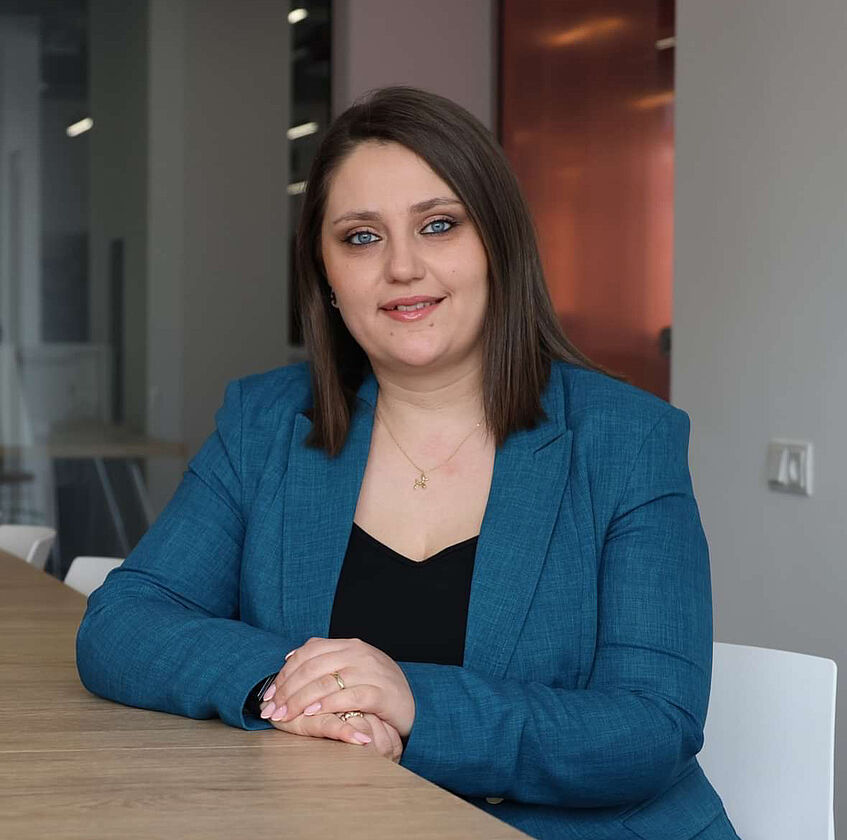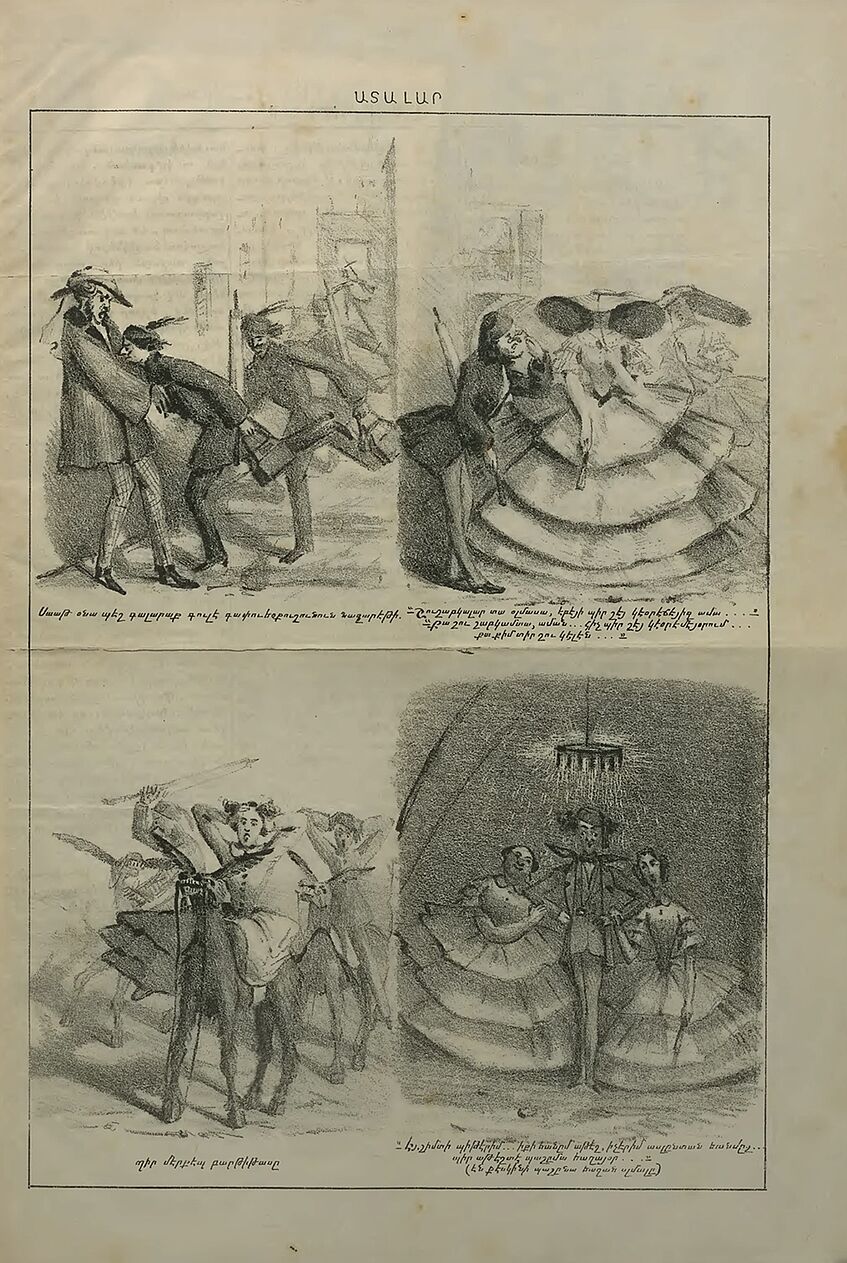Interview with Naira Poghosyan (Andreas Tietze Fellow 2024)


Interview with Naira Poghosyan (Andreas Tietze Fellow 2024)
Would you briefly introduce yourself?
I currently hold the position of Associate Professor at the Faculty of Oriental Studies of Yerevan State University where I teach the Turkish language. In addition to my teaching duties, I am also engaged in scholarly activities.
What are you currently working on?
I am currently conducting research in two parallel directions. Firstly, with the support of the Higher Education and Science Committee of the Republic of Armenia, I am researching the literary heritage of the Turkish writer N. F. Kisakurek, tracing his influence on modern Turkey's social, cultural, and political landscape.
Simultaneously, I study Armeno-Turkish as a socio-cultural phenomenon. Aiming to answer the question, “Who were the consumers of the Armeno-Turkish?” on the one hand, I focus on the satirical journals published in Armenian Script Turkish from the mid-19th century. By the way, the first known journal, “Zvarcahos,” was under the scope of my research in Vienna.
On the other hand, I explore the Armeno-Turkish Diaries/Memoirs written after the Armenian Genocide. While there has been a growing interest in the Armeno-Turkish over the past few decades, post-1915 Armeno-Turkish legacy remains understudied. So, I hope my study will help address this gap in the literature.
Why did you apply to the Andreas Tietze Memorial Fellowship? How did the fellowship contribute to your research?
My first visit to the University of Vienna was in the “CEST SUMMER SCHOOL - Cultural Exchange and Heritage” frame in 2022. The striking combination of tranquility and rigorous scientific atmosphere of the Department of Near Eastern Studies was simply captivating. I left Vienna with a strong desire to return for a more extended period. Upon seeing the “Andreas Tietze Memorial Fellowship” on the Facebook page of GTOT, I thought it would be a brilliant opportunity to pursue research in Vienna, benefit from the extensive library resources as well as visit Mekhitarist Congregation, which boasts an impressive collection of Armeno-Turkish newspapers and books.
As a mother of two schoolchildren, I would not typically consider long-term international travel. However, one month was a manageable timeframe that allowed me to accomplish a significant amount of work while the children weren’t left alone for an extended period.
How did the fellowship contribute to your research? Do you want to publish or present your research to the academic community? How will it go further?
Well, it can be viewed from different standpoints. Firstly, my work at Mekhitarist Congregation was fruitful. I was able to gain access to issues of Armeno-Turkish satirical journals that are not available in the libraries in Yerevan or online, which significantly increased my data collection.
Furthermore, I had the chance to disseminate the initial findings of my investigation during a series of lectures held at the institute. During this discussion, I received valuable feedback from the professors that would undoubtedly enhance the academic quality of my research.
Finally, yet importantly, I had the chance to communicate, have discussions, and get advice from the leading specialists in Turkic Studies. I am profoundly indebted to Prof. Yavuz Köse for accepting my proposal and making my academic aspiration a reality. I would like to express my sincerest gratitude to Dr. Onur İnal for his invaluable assistance throughout my stay and for making me feel welcome. I am grateful to Prof. Gisela Prochazka-Eisl, Ercan Akyol, Dr. Edith Ambros and Julia Fröhlich for their warm hospitality.
Do you want to publish or present your research to the academic community? How will it go further?
I am preparing my research on “Zvarcahos” for submission as an article to a peer-reviewed journal. I also hope to expand this project using data I got from Vienna and apply for a bigger grant.
